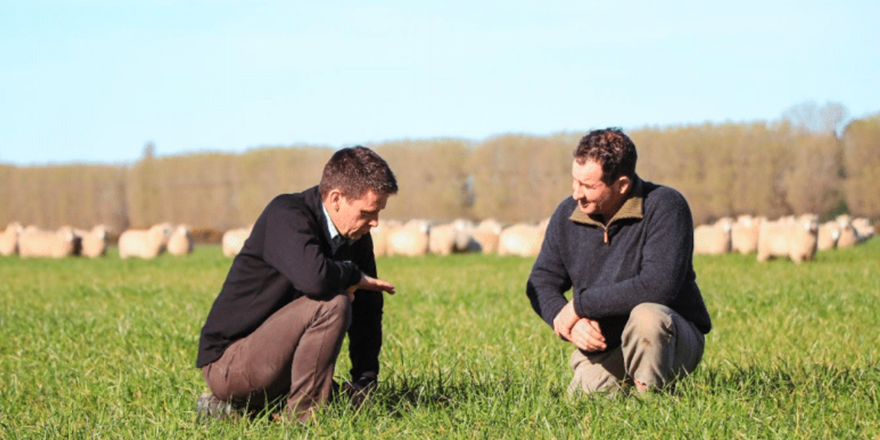
Executive Summary
In a knowledge driven world, changes to the buying behaviour of consumers is shaping the need for New Zealand exporters to pivot towards a consumer centric model. This requires us to shape the way we produce and market New Zealand products to fit the demands of the discerning consumer.
Changing consumer buying behavior and the increasing threat from alternative protein products means that we must reposition New Zealand exports to capture the premium market. Putting a focus on building trust with the end consumer is imperative.
A fast-moving consumer market requires products that are fresh, convenient, nutritious and safe to eat, while making the consumer feel good about their purchase.
Provenance is the ability for an end consumer to form an understanding of where products they purchase come from and how the key attributes of that product aligns with their own values. These key attributes include answering the questions; Is this product safe to consume? Where has this product come from? Was it produced in a sustainable and ethical manner?
Our provenance strategy is made up of three key features; brand, supply chain transparency and social licence to operate. Brand represents the way we tell the story of our products to the end consumer, while supply chain transparency provides the evidence. Social licence to operate is achieved through the approval of the end consumer in the way that we produce our products.
For years New Zealand has leveraged off the clean green image as a key brand attribute for our products by creating a vision of sustainable and ethical production. With the rise of digital platforms, trust in the information available to consumers is decreasing. As a result, we can no longer just tell the consumer our story through brand alone, the consumer now demands that we prove it.
Providing authenticated data from across the supply chain in a comprehensive format provides evidence to the consumer that from creation to consumption, that product is aligned with their values. Tools such as Blockchain technology seek to deliver to the consumer a single source of truth of a products lifecycle. Trust in a brand has never been more important. We must seek to find new ways to demonstrate the value of our products to the consumer.
In order to successfully implement our provenance strategy, we need to make changes to our business practices. This research will look at the key demands of the premium consumer and how that effects the way we produce our products behind the farm gate.
This work will be vital for all industry stakeholders who are reliant on exports of our food and fibre products as a means of income. It will also identify key changes that we need to make to our business practices in order to successfully penetrate the premium market.
This research uses a combination of in-depth literature review and qualitative analysis. Including interviews with key industry stakeholders and leaders. This allowed me to develop critical thinking, draw conclusions on our provenance strategy and the effect it has on New Zealand farmers.
From this research, the three key recommendations include the need to move to a consumer-centric model, implement minimum standards for the way we produce our products on farm and the need for rapid uptake of digital recording from behind the farm gate.
In implementing minimum food production standards across all sectors, a framework will allow us to ensure we are lifting the operating standards of all New Zealand producers and mitigating the risk of damage to the national brand. Processor driven incentive schemes will encourage producers to lift the bar on best practice production standards.
Essentially, for us to contribute information about the lifecycle of a product from behind the farm gate we require NZ producers to provide information relating to it. Adoption of on farm digital recording is imperative in order to capture data to contribute to the value chain. More work is required to understand how we can generate the resources required to lift the level of digital literacy of New Zealand farmers.
With change, comes the opportunity to evolve our market strategy and return further value to New Zealand farmers for their efforts.




